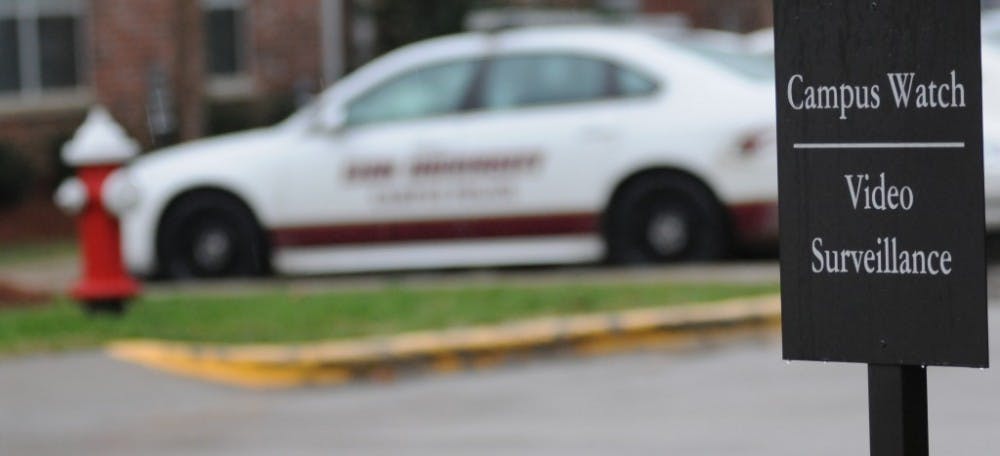On March 8, the North Carolina Supreme Court made a decision that directly affects Elon University students. According to the ruling, private university campus police in North Carolina are effectively exempt from public records laws that require public records be disclosed in reasonable circumstances. This is a major loophole in the law.
Any member of the public can walk into a police station and request public records from state and local government bodies. All 50 states have public records laws to ensure these bodies remain transparent. An excerpt from the public record law of North Carolina reads, “The public records and public information compiled by the agencies of North Carolina government or its subdivisions are the property of the people. Therefore, it is the policy of this State that the people may obtain copies of their public records...”
The N.C. Supreme Court was split 3-3 on whether to affirm or reverse the Court of Appeals decision, which dictated that campus police are not public law enforcement agencies. Since the previous decision is left undisturbed, the appellate decision stands although no precedent was set.
The case got its start in 2011 when former Elon student Nick Ochsner requested the arrest records of a fellow Elon student for a report on Phoenix14. But Elon’s campus police withheld many details of the report, including the arrest narrative. He filed suit in Alamance County Civil Superior Court against Elon, but the judge found the Elon campus police complied with public records laws. Ochsner appealed to the North Carolina Court of Appeals, which found Elon’s police records are not public records and its campus police department is not a public law enforcement agency.
[quote]Elon campus police may not be a public law enforcement agency, but it has the same powers in making arrests and enforcing laws. The difference lies in their responsibility to remain transparent to the public.[/quote]
Although Elon is a private university, its campus police operate under North Carolina’s Campus Police Act, which says its officers have full law enforcement authority, including the power to make arrests. Such power should not come without accountability to the public.
Public servants are meant to enforce the laws, not decide what information should be withheld or disclosed. The citizens need to stay informed in order to maintain checks on their law-enforcing bodies. Elon campus police perform a function of government by enforcing the law and ought to be transparent when carrying out state functions.
As it stands now, Elon and other private universities in North Carolina are not held to the same standards as other law-enforcing bodies. Public universities like the University of North Carolina at Chapel Hill are required to include a full summary and description of the crime, while private universities can be as confidential as they want with their information, according to individual campus police policies.
But the fight is not over. House Bill 142 recently passed and has now gone to the Senate. The bill would essentially make the following information public record for campus police agencies: contents on arrest and incident/investigative reports, the circumstances surrounding the arrest, recordings or transcripts of emergency calls to campus agencies, communications between campus police employees pertaining to arrests and investigations and a daily log of crimes reported to the agency.
Furthermore, Elon’s values seem to be aligned with open records laws. On March 11, Elon hosted workshops, lectures and panel discussions in support of North Carolina Sunshine Day. The events were presented by the North Carolina Open Government Coalition, whose aim is to enhance the public’s access to government activity, recordings and meetings. The organization’s central goal is to educate people about their right to gather public information.
Accountability and transparency are two of the most important vehicles by which we, as college students, are guaranteed fair and equal treatment under the law. By not releasing records, Elon students could be at risk. What if the details of Alexis Gray’s arrest weren’t disclosed by the police? We wouldn’t have known about a serious threat to our safety.
The issue of whether campus police reports should be as transparent as state public records is a crucial one to Elon and to the rest of the state. By giving campus police departments the powers of a public law enforcing body but not requiring the same accountability and transparency, we are allowing a police force that cannot be challenged by the public.


